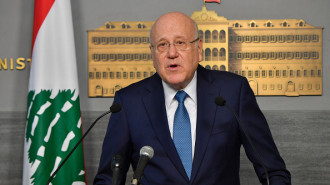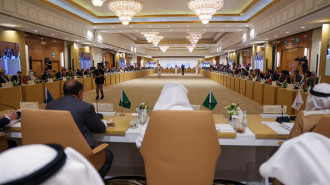IS 'in control' of Iraq's Baiji oil refinery
IS 'in control' of Iraq's Baiji oil refinery
Iraq's largest oil refinery has reportedly been taken over by the Islamic State group after heavy fighting with Iraqi armed forces.
2 min read
Fighting forced people to flee (Getty)
The Islamic State group (IS, formerly ISIS) took control of Iraq's largest oil refinery on Friday morning, an Iraqi army colonel said.
The officer, who did not wish to be named, said that the Baiji refinery, north of Baghdad, had fallen after fierce battles with the regular Iraqi armed forces and allied militia fighters.
IS used booby-trapped cars driven by suicide bombers.
The Iraqi government forces still have control over the northwest part of the refinery.
The officer, who did not wish to be named, said that the US-led anti-IS coalition failed to intervene because the battles took place within the refinery and any bombing would potentially have resulted in an environmental disaster.
Ahmed al-Azzawi, a member of the Salahadin provincial council, said that forces have been sent to the Baiji refinery to start an operation to reclaim it from IS.
Al-Azzawi noted to al-Araby that retaking the refinery would be difficult, because of the narrow streets and buildings that would need to be navigated, and the absence of air support.
He called on Iraqi prime minister Haidar al-Abadi, and other top officials, to send urgent military reinforcements to the area, which is close to Tikrit, a town that has only recently been retaken from IS.
The 22 sq km Baiji refinery is the largest oil refinery in Iraq, which covers 80 percent of Iraq's domestic energy needs.
In a separate development, hundreds of residents of Balad, a city of 120 kilometres southwest of Tikrit, staged a demonstration against the predominantly-Shia Popular Mobilisation militias. The demonstrators also accused IS of stealing farmers' property and burning agricultural fields.
The officer, who did not wish to be named, said that the Baiji refinery, north of Baghdad, had fallen after fierce battles with the regular Iraqi armed forces and allied militia fighters.
IS used booby-trapped cars driven by suicide bombers.
The Iraqi government forces still have control over the northwest part of the refinery.
The officer, who did not wish to be named, said that the US-led anti-IS coalition failed to intervene because the battles took place within the refinery and any bombing would potentially have resulted in an environmental disaster.
Ahmed al-Azzawi, a member of the Salahadin provincial council, said that forces have been sent to the Baiji refinery to start an operation to reclaim it from IS.
Al-Azzawi noted to al-Araby that retaking the refinery would be difficult, because of the narrow streets and buildings that would need to be navigated, and the absence of air support.
He called on Iraqi prime minister Haidar al-Abadi, and other top officials, to send urgent military reinforcements to the area, which is close to Tikrit, a town that has only recently been retaken from IS.
The 22 sq km Baiji refinery is the largest oil refinery in Iraq, which covers 80 percent of Iraq's domestic energy needs.
In a separate development, hundreds of residents of Balad, a city of 120 kilometres southwest of Tikrit, staged a demonstration against the predominantly-Shia Popular Mobilisation militias. The demonstrators also accused IS of stealing farmers' property and burning agricultural fields.

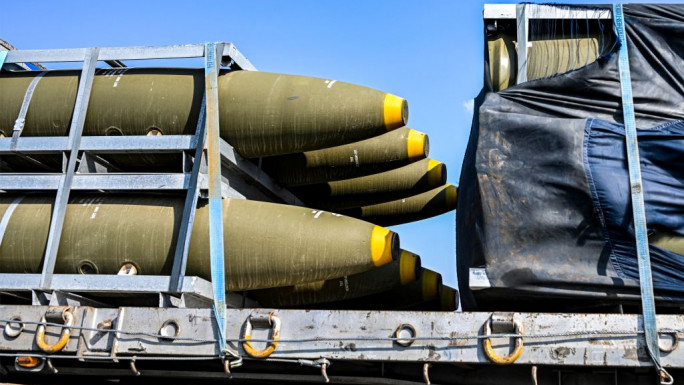
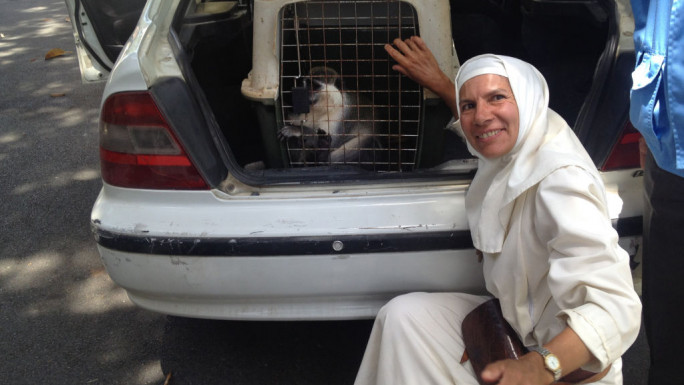
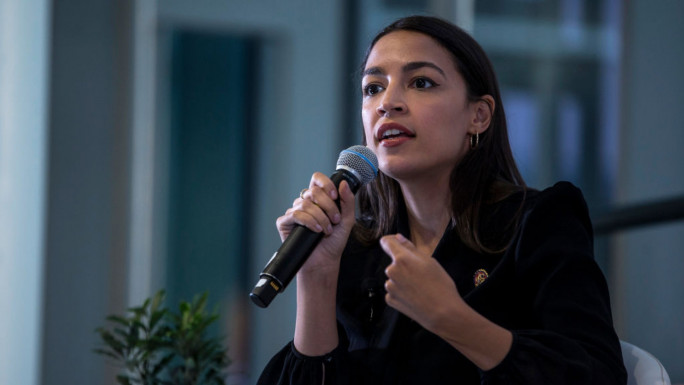
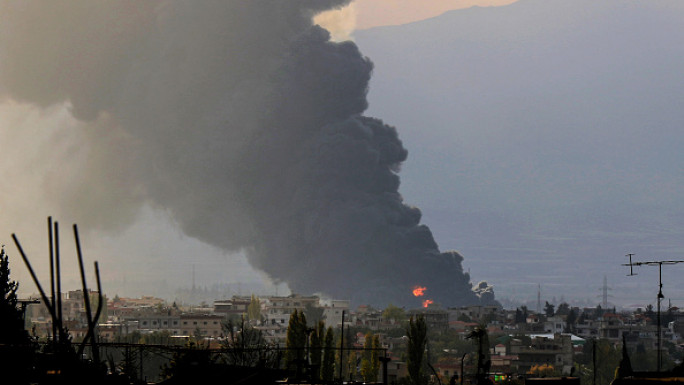
 Follow the Middle East's top stories in English at The New Arab on Google News
Follow the Middle East's top stories in English at The New Arab on Google News
